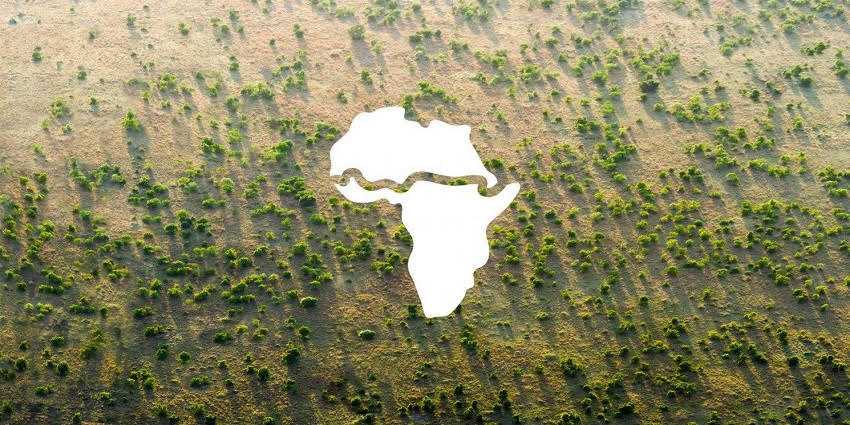Home>The Great Green Wall and the Future of Food Systems in Africa 2030-2050

24.03.2023
The Great Green Wall and the Future of Food Systems in Africa 2030-2050
About this event
24 March 2023 from 14:45 until 16:45
Simone Veil Amphitheatre
28 rue des Saints-Pères, 75007, ParisThis conference is organised by both the School of Public Affairs and the Paris School of International Affairs, and is open to any Sciences Po student, teacher and staff interested in the topic. A Sciences Po card will be required to enter the building.
About the conference
The Great Green Wall is an ambitious program covering 8000 kilometres in the Sahel from East to West Africa. This program is critical to achieve the United Nations Sustainable Development Goals by 2030. It is an ecological project full of hope for this African region.
After 20 years in the making, the Great Green Wall program is finally taking place. It is jointly implemented by the Governments and IFAD/FAO/WFP. The Great Green Wall program is an important investment (with a part of the financing provided by the Green Climate Fund) to increase the production and resilience of the smallholder farmers from Senegal to Ethiopia. It will improve 21st century food systems to cope with climate change and increasing demographics. The Great Green Wall is a complex program to reduce rural poverty with multiple dimensions: resilience in view of the climate change crisis, gender and nutrition, security and fragility, regional, and trade facilitation to strengthen sustainable agriculture systems.
Speakers
We will be pleased to welcome Benoit Thierry, the former Head of United Nations IFAD West Africa Hub in Dakar (see bio). Since 2020, Benoit Thierry actively led the initial discussions with governments and donors and set up project Sahel Joint Program covering five countries, as part of the Great Green Wall initiative. He will engage with the students of Sciences Po on the challenges and opportunities of Food Systems in Africa and how the Great Green Wall initiative can provide concrete solutions to Global Goods issues and practical opportunities for the inhabitants in a region facing desertification and climate change.
The conference will be animated by Paul-Edouard Clos
Biographies
- Benoit Thierry is a former United Nations representative for the International Fund for Agriculture Development. From 2018 to 2022, he was the Director of the IFAD Sahel office based in Senegal covering seven countries. He hold different positions as Manager for Rwanda, Zimbabwe, Comoros, Seychelles and Madagascar. He managed the knowledge network of IFAD Africa and supported the Farmers Organisations network in 20 countries of Asia-Pacific. He was also in charge of Bhutan, Nepal, Thailand, Philippines, Laos, and Cambodia. From project design and implementation to policy dialogue at national and regional level, Thierry covered all aspects of rural development in 25 countries. Before joining IFAD in 2004, Thierry worked 15 years on rural development matters across Africa and Asia as Rural Development Advisor for UNDP Cambodia with CARERE and Regional Portfolio Manager at UNOPS Kenya. Thierry graduated as Engineer in Tropical Agricultural Economy from ISTOM (France) and completed a Doctoral Program in Human Geography from the Sorbonne University in 1988.
- Paul-Edouard Clos is a visiting professor at Sciences Po and is currently leading the Private Sector and Climate Finance Unit of the Legal Department at United Nations representative for the International Fund for Agriculture Development. He was the former Senior Advisor of Vice President for Finance and Risk Management at the Asian Development Bank and Associate Director, Senior Counsel at the European Bank for Reconstruction and Development. He has more than fifteen years of experience in supporting public and private sector projects in developing countries. He delivered conferences on development issues in US, Europe and Asia. He has been teaching at Sciences Po since 2011. A French Avocat, Paul-Edouard graduated from New York University School of Law (2001) and University of Social Sciences of Toulouse (1997).